
The War On Russia’s Doorstep: The Reaction Of Russians To The Cross-Border Attacks
Introduction
{{margin-small}}
Open Minds Institute explored the attitudes of Russians toward the hot topic of the recent cross-border attacks in the Belgorod, Bryansk, and Kursk regions. We asked about their version of the situation and the goals the coordinators of the raids may hold.
The survey also contained questions about the attitudes toward Ukrainians and their authorities, the war against Ukraine, and the agents & agencies able to protect Russian border regions.
{{margin-big}}
Executive Summary
{{margin-small}}
- In 70.9% of the responses, the cross-border raids were in some form perceived as attacks on Russia’s frontline regions or the country as a whole, and harm to civilians. This means that more than two-thirds of respondents have some awareness of the situation in Russia’s regions bordering Ukraine.
- The majority of respondents perceive the armed incursions and bombings in Russia's border areas as attempts to unsettle Russians. Many suggest that Ukraine and the West aim to incite chaos and civil conflict in Russia. Less than 10% believe these raids aim to annex territories and dismantle Russia.
- 78.61% of respondents view the events unfolding in Russia's regions bordering Ukraine as a serious threat to local residents, with just over 5% considering the threat as minor. 65.67% predict the continuation of the attacks while slightly a quarter remains uncertain.
- Emotional responses to the events are primarily characterized by sadness and fear rather than anger. This suggests a more passive reaction to the cross-border attacks rather than an active or confrontational one. The sentiment towards the Ukrainian authorities is mainly negative and tinged with anger. In contrast, feelings towards Ukrainians are more sorrowful, e.g. it leads to passivity.
- Russians trust the protection of their country to both their security forces and the illegal Wagner Private Military Company (PMC). The perception of the Wagner PMC as a supplementary security force suggests that the public may see the state's monopoly on violence as weakening.
- Some respondents believe escalating conflict with Ukraine can protect Russia while an almost equal number think this increases the risk. About 40% favor peace negotiations to reduce the probability of new attacks, whereas 16% disagree and 44% are uncertain. The majority believe warfare with NATO would increase the risk to Russia. This gives the idea that despite the preferences for peace, Russians are uncertain about how to end the raids on their territory.
{{margin-big}}
Methodology
{{margin-small}}
SAMPLE
Respondents were recruited online. The data were collected on June 6.
The sample was stratified by sex and age (equal age and sex groups 18-30, 31-44, 45-60 years). The data was cleaned, and the analysis excluded people who did not answer all the questions. The final sample comprised 1005 respondents, 512 women, and 493 men. The mean age of the respondents is 36.67, the standard deviation is 11.63. The sample included residents of all federal districts of Russia.
{{margin-small}}
STUDY DESIGN
The online poll involved posing both closed and open-ended questions regarding recent events in Russia's frontline regions and the objectives the coordinators of attacks intended to achieve. The categorization of respondents' answers to open-ended questions and the tallying of the frequency of these categories was accomplished using GPT-4 AI technology. In the analysis of the study data, we employed percentage analysis, Pierson correlation, and McDonald's omega coefficient (ω) to check the mutual consistency of some questions.
{{margin-big}}
Key Findings
{{margin-small}}
What exactly is going on in Russia’s frontline regions?
Participants responded to an open-ended question asking their perspective on the current events in theRussia’s frontline regions. The goal was to gauge Russians' awareness level about attacks on their territory.
Their answers were divided as follows (the total percentage exceeds 100 slightly, as respondents had the option to indicate multiple significant events in their viewpoint):
What have you heard about the latest events in Russia's regions bordering on Ukraine?
- Shelling and attacks in Belgorod and other regions of Russia: 65.26% of mentions. Examples include "Ukraine bombards border regions," "Incidents in Shebekino," and "Ukrainian army terrorizes the Belgorod region through shelling;"
- Have no information or are not interested in the news: 16.24% of mentions. Examples include "I'm not into politics, so I don't keep up with news related to military actions", and "Unfortunately, I'm not aware of the recent events;”
- Subversion of the Kakhovka Dam and consequences: 15.92% of mentions. Examples include "Destruction of the Kakhovka hydroelectric power station," and "Explosion at the Kakhovka hydroelectric power station;"
- General warfare: 5.52% of mentions. Examples include "Combat," "the Ukrainian army is in an active phase of an offensive,” and "military confrontations;”
- Military casualties and civilian suffering: 5.64% of mentions. Examples include "Explosions, civilian bombardment,” "assault on civilians,” and "civilians being shelled;"
In 70.9% of the responses, the cross-border raids were in some form perceived as attacks on Russia’s frontline regions or the country as a whole, and harm to civilians. This means that more than two-thirds of respondents have some awareness of the situation in Russia’s regions bordering Ukraine.
{{margin-small}}
What are the objectives behind the attacks on the frontline regions of Russia?
The respondents’ suggestions on objectives set by the coordinators of attacks on Russia’s regions bordering Ukraine:
- Instilling Fear/Panic: 58.51% of mentions. Examples include "Ukraine is attempting to instill fear in Russians," "To induce panic," "Scare the Russian populace," and "Intimidate their adversaries.”
- Weakening Russia/Power Shift, Destabilization/Civil War: 12.24% of mentions. Statements include "To sow discord within the nation,” "To incite dissatisfaction in Russia,” "To destabilize Russia's political and economic situation,” "To incite a civil war,” "To show the Russian people their army's incapacity to protect its own citizens.”
- Uncertainty/Unawareness: 11.74% of mentions. Responses like "I'm unsure as motives and goals can vary", "It's hard to answer", "Difficult to comprehend another person's thoughts", "I have no idea".
- Distraction of Ukrainians and/or Russians from Other Events: 7.76% of mentions. Examples include "To divert Ukrainian citizens' attention from Artemovsk's [Bachmut] loss", "To redirect Russian military from other fronts", "To detract attention from key events", and "To disperse forces and create discord".
- Geopolitical Goals/Occupying Russian Territory: 4.88% of mentions. Responses include "Aim to capture Russian lands", "NATO's expansion", "Intent to seize land", and "Territorial disputes".
- Terrorism/Destruction of Russia and its People: 4.18% of mentions. Statements such as "Goal is to inflict harm and damage on Russia", "To attack and test our defenses", "Engage in acts of terrorism and assassinations", and "Annihilate the nation and its people.
Based on the respondent's suggestions, the majority believe that the intent behind the armed incursions and bombings in Russia's border regions is to psychologically impact Russians. A significant part thinks that Ukraine and the West are endeavoring to create turmoil and instigate a somehow civil conflict in Russia.
However, fewer than 10% of respondents interpret these events with extreme seriousness, suggesting that the armed raids aim to annex territories and dismantle Russia. The vast majority seemingly don't share this belief as such thoughts were not articulated in their responses.
{{margin-small}}
Emotions towards Ukrainians in relation to the events in the border regions
A significant amount of respondents (78.61%) view the events unfolding in Russia's regions bordering Ukraine as a serious threat to local residents, with just over 5% considering the threat as minor. Two-thirds (65.67%) of the survey respondents predict the continuation of the attacks while slightly a quarter remains uncertain.
Feelings of sadness and fear tend to overshadow feelings of anger regarding the cross-border attacks on Russia's frontline regions. This suggests that the raids are not sparking a psychological rally against Ukraine. Instead, people are more prone to feelings of sadness and fear, emotions that generally promote passive rather than active responses.
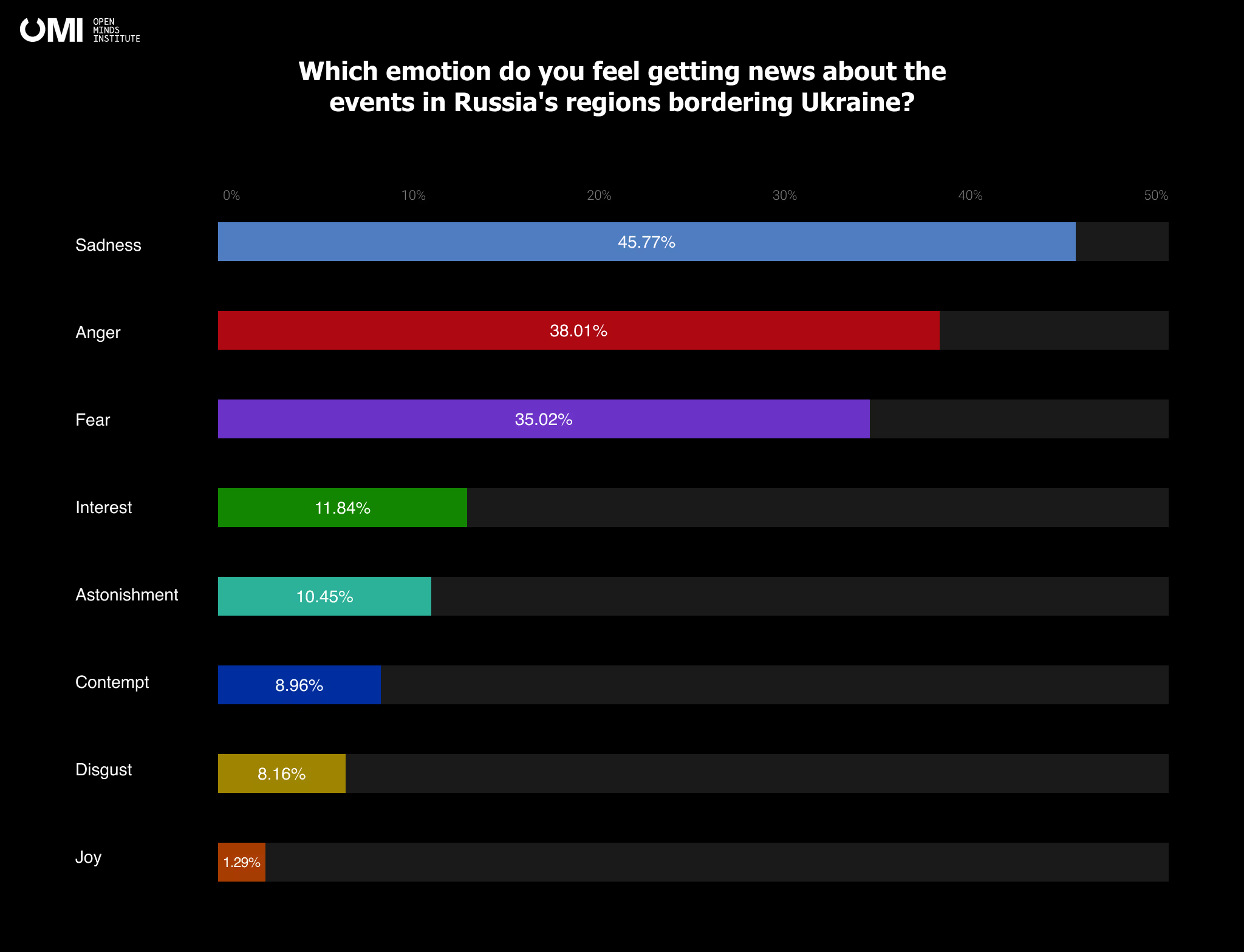
As expected, the sentiment towards the Ukrainian authorities is predominantly negative, with anger being the prevailing emotion. However, when it comes to the Ukrainian people, Russians feel more sadness than anger. There are two potential interpretations of these findings.
.avif)
On one hand, it could be due to trust in propaganda that portrays Ukrainians as “misguided Russians” who have strayed from the right path. On the other hand, even if this is the case, it appears that the majority of respondents lack the emotional intensity for a severe conflict with Ukrainians, which would generate anger, and instead, they seem to be grieving the loss of Ukrainians.
{{margin-small}}
Events in Russia’s frontline regions and support for the war against Ukraine
Based on survey responses, support for the war has slightly risen in the wake of events in Russia’s regions bordering Ukraine. A total of 11.84% of respondents indicated they've become less supportive of the "special military operation", while 26.96% responded conversely.
Nonetheless, there's a strong possibility that if there was a surge in war support, it would be relatively modest. The pro-war stance is strongly associated with the belief that further armed crossborder attacks will enhance the war's popularity among Russians (depending on the question, r = 0.58-0.6, p < 0.001).
Essentially, the question of whether a recurrence of the events in Russia's Belgorod, Bryansk, and Kursk regions would bolster support for the "SMO" forms part of the war support construct. In short, the questions about the support for the war and whether Russians would have the same attitude toward it if attacks on Russia continue are related (ω = 0.88).

Nearly half of the respondents believe that the war’s popularity among Russians will rise if the crossborder raids persist.
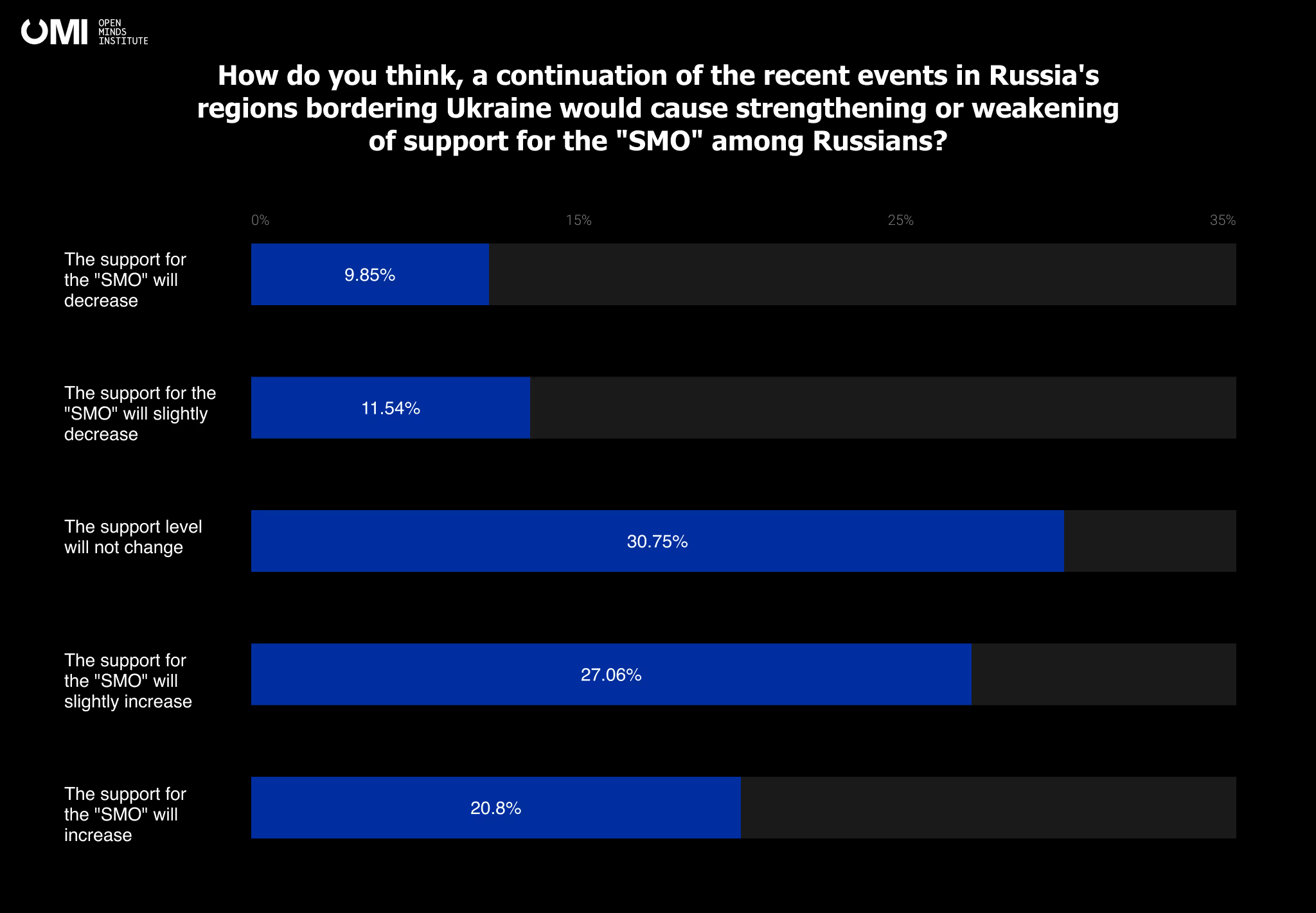
{{margin-small}}
Russians’ opinion of the structures and measures which can stop cross-border attacks
Russian respondents generally hold the belief that Russian security forces are capable of safeguarding Russian borders from the actions of armed groups. Surprisingly, the level of trust in the capabilities of the Wagner Private Military Company (PMC) is comparable to that of the Army and the Federal Security Service (FSB).
This indicates that despite the tensions between the Wagner PMC and Russian authorities, Russians tend to trust it, perceiving Wagner Group as an additional force alongside other state security institutions. Such perceptions among respondents could potentially be seen as indirect evidence of a weakening monopoly of violence by the state in the eyes of the public.
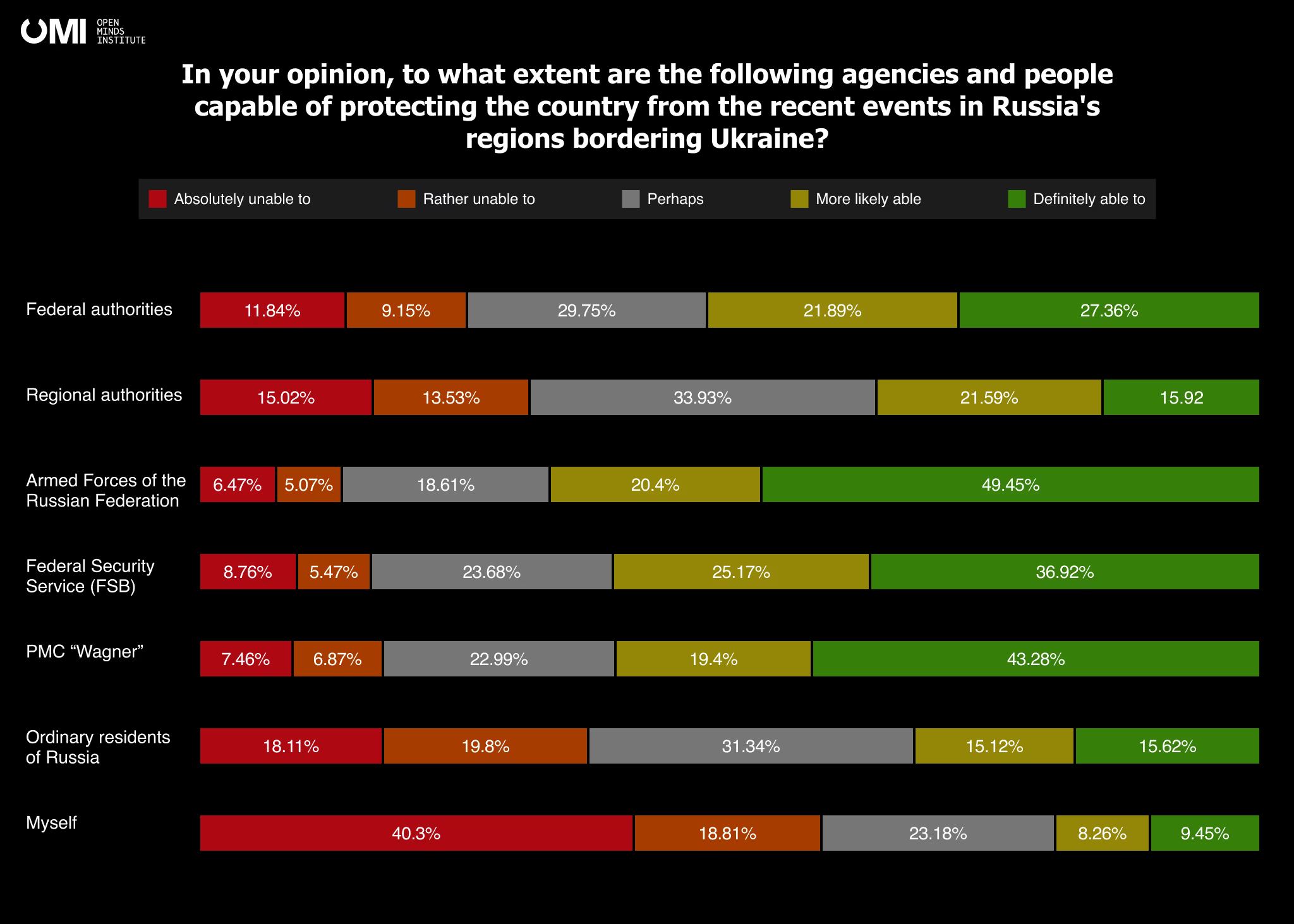
Some respondents perceive an escalation of the war with Ukraine, such as increased shelling or mobilization, as an effective strategy to protect Russian territory from Ukrainian attacks.
However, nearly an equal number of respondents believe that such actions would escalate risks for Russia’s regions bordering Ukraine (the difference between these two viewpoints is less than 5%). About 40.19% of participants believe that peace negotiations with Ukraine would reduce the risk of crossborder raids, while only 16.02% hold the opposite opinion, and 43.78% remain uncertain.
The majority of respondents believe that direct warfare with NATO would increase risks for Russia’s frontline regions. It appears that Russians are disoriented and tend to lean towards peace with Ukraine. The respondents cannot give clear and certain answers to the question about the measures able to put an end to the crossborder attacks.
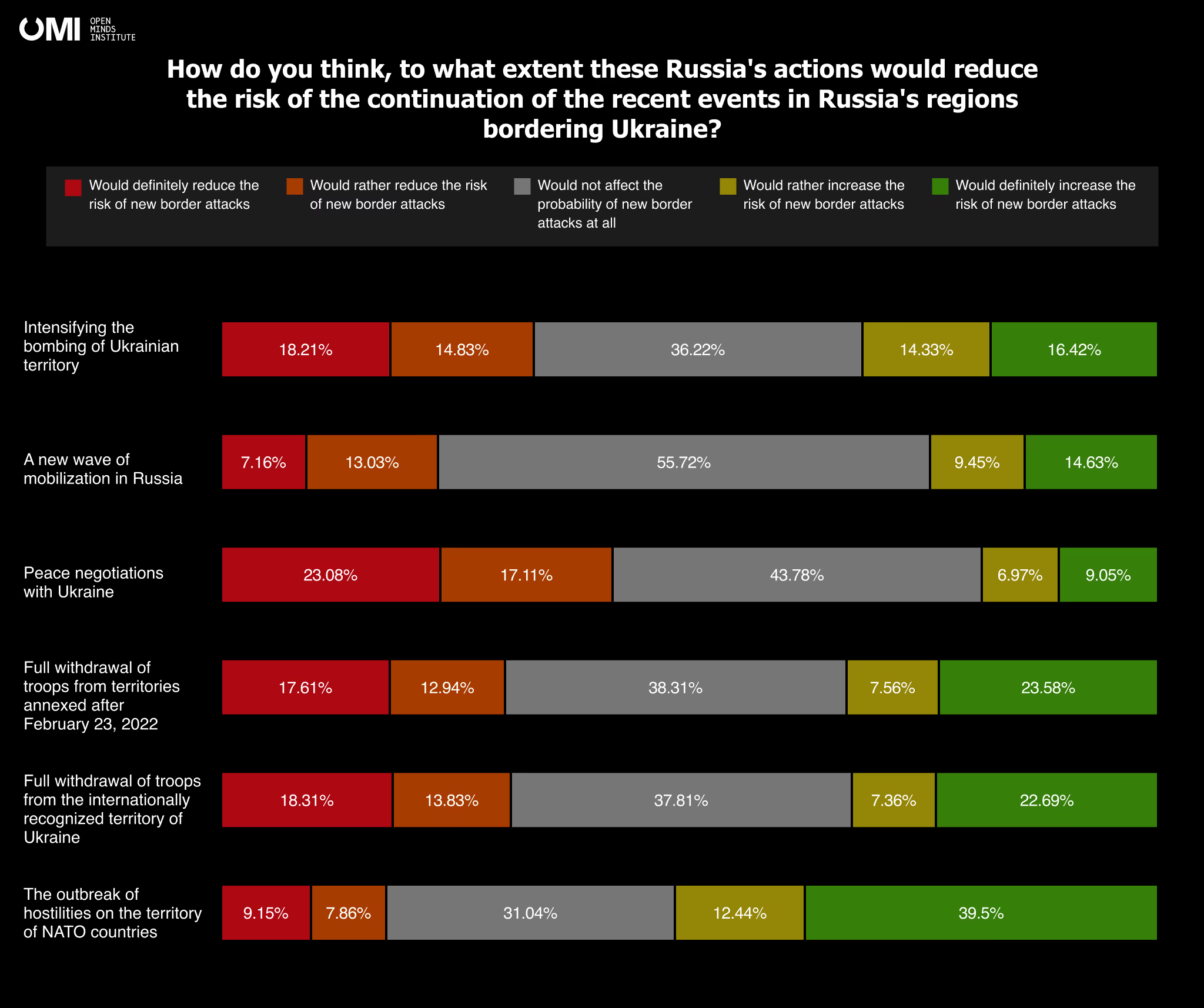
{{margin-big}}
Conclusion
{{margin-small}}
In conclusion, this survey portrays a public sentiment toward the attacks in Russia's border regions. Their responses are characterized by a heightened sense of threat, concern, and uncertainty. Over two-thirds of respondents are aware of the crossborder raids and perceive them as substantial attacks on Russia and its civilians. Most respondents view these attacks as psychological operations aimed at sowing chaos, and a significant majority see these incidents as serious threats to local residents.
Sadness and fear are prevailing emotions that indicate a passivity of response to the crossborder attacks. However, there is solid trust in both state and non-state security forces' ability to protect Russia. The participants express an inclination for peace negotiations with Ukraine, but the level of uncertainty highlights a lack of consensus on the path to ending the war.

.svg)





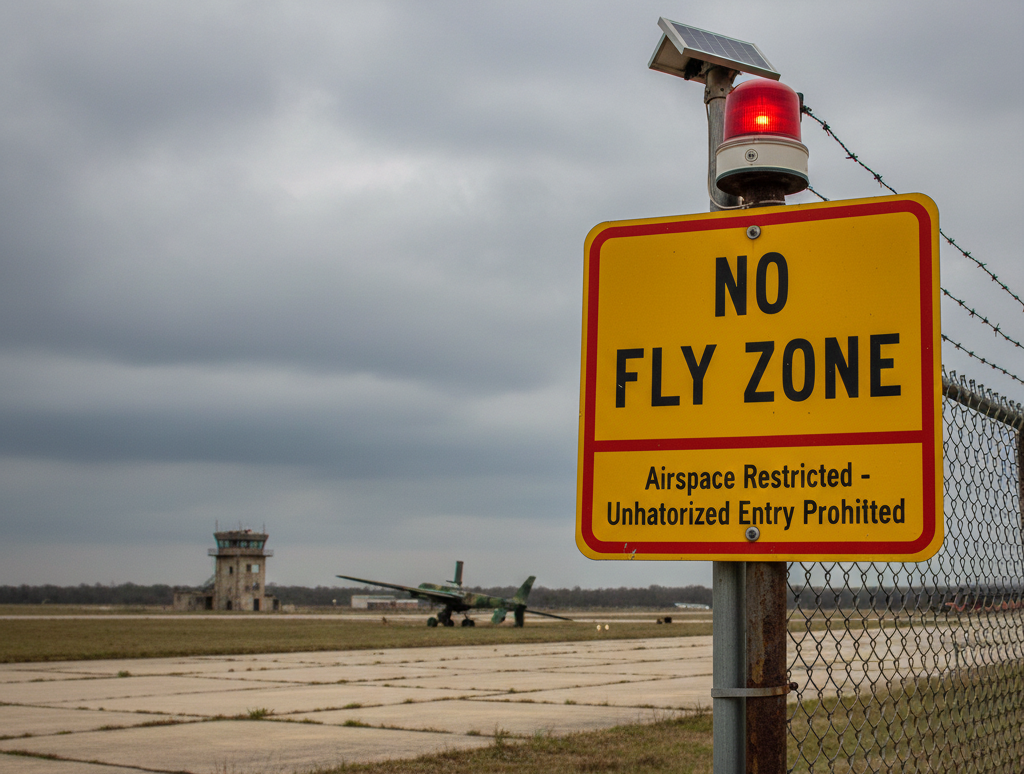
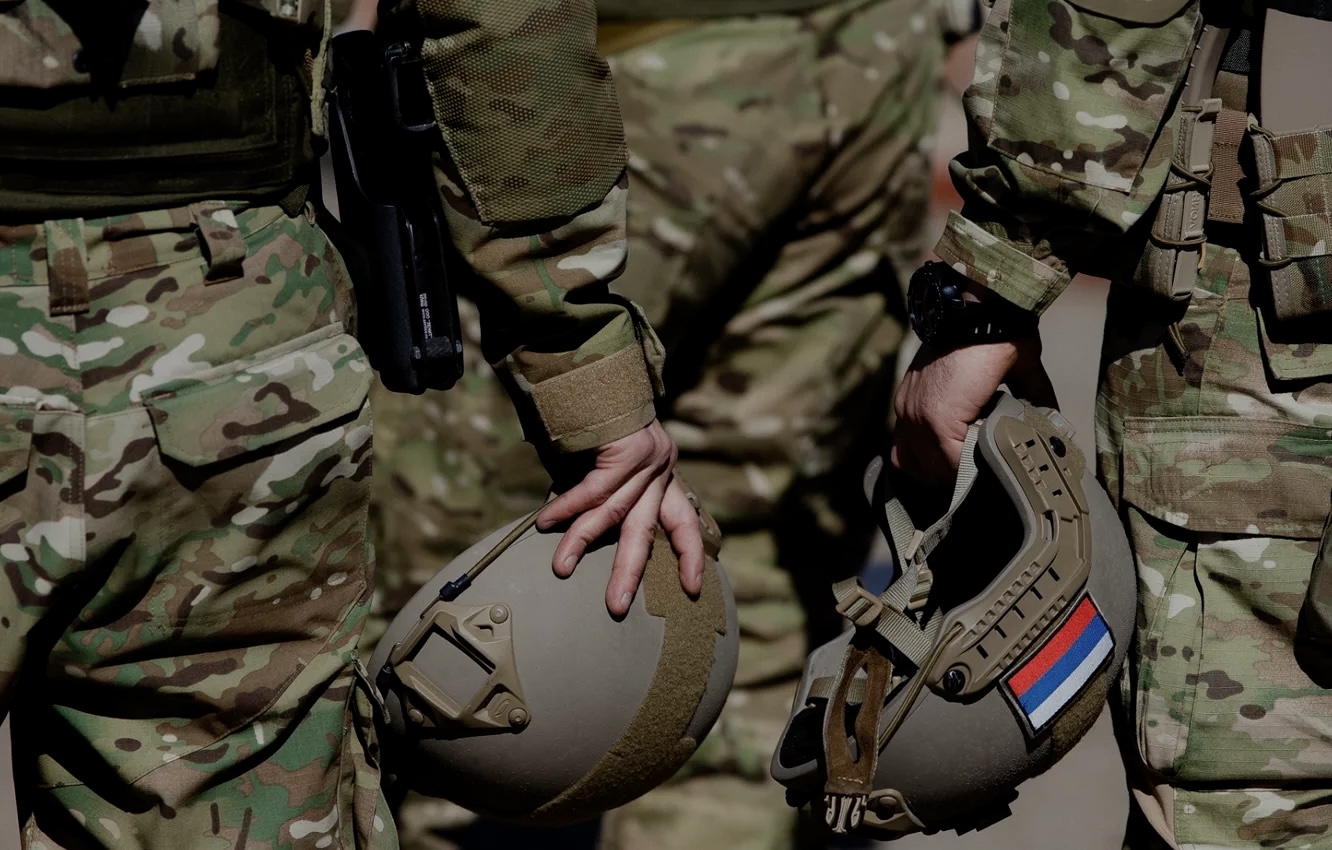

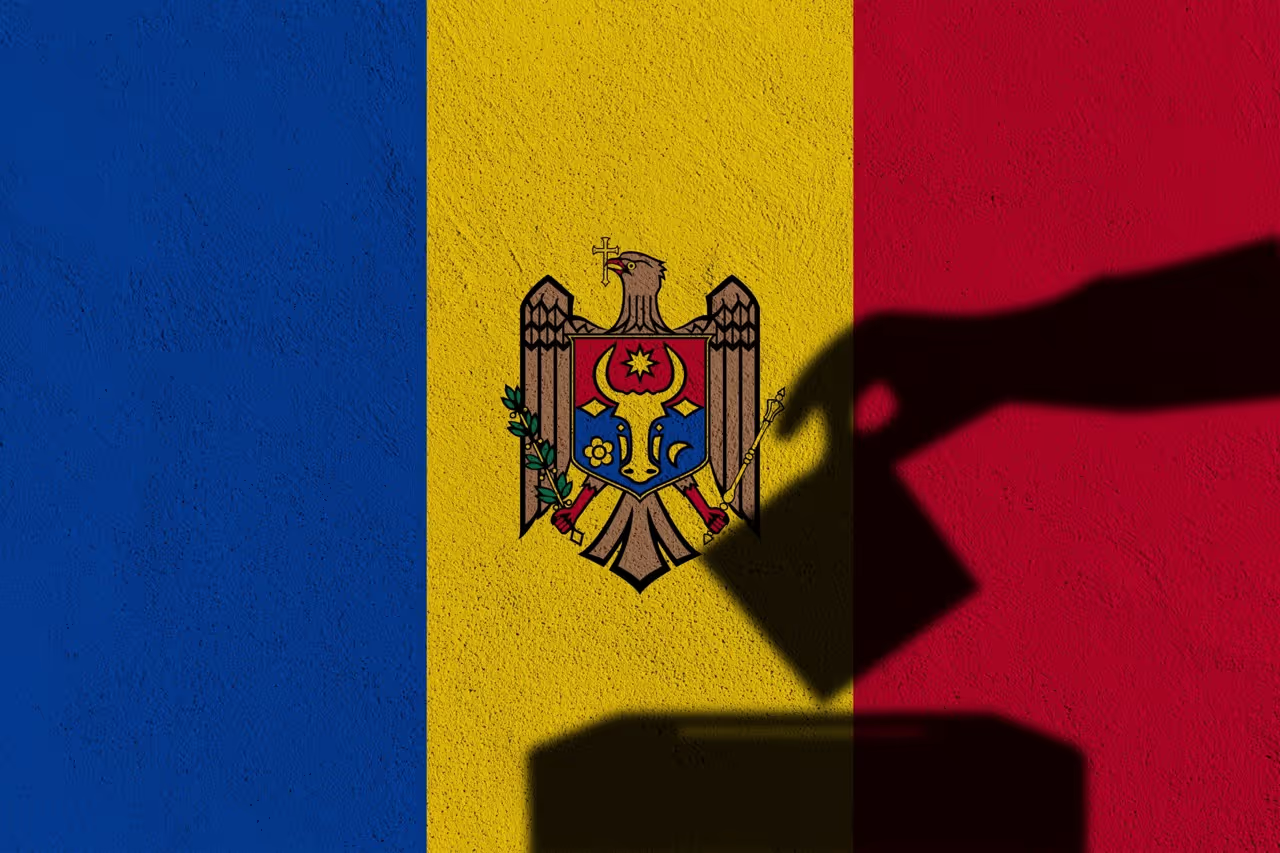

.avif)






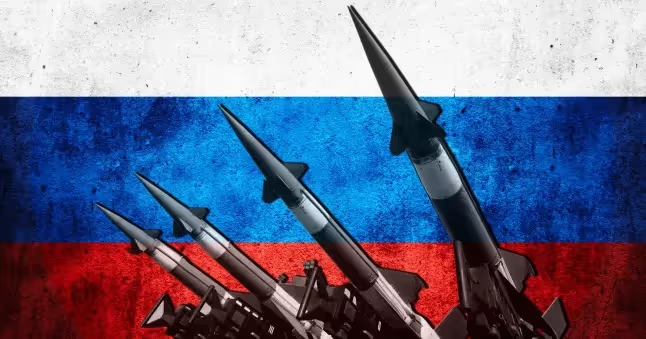
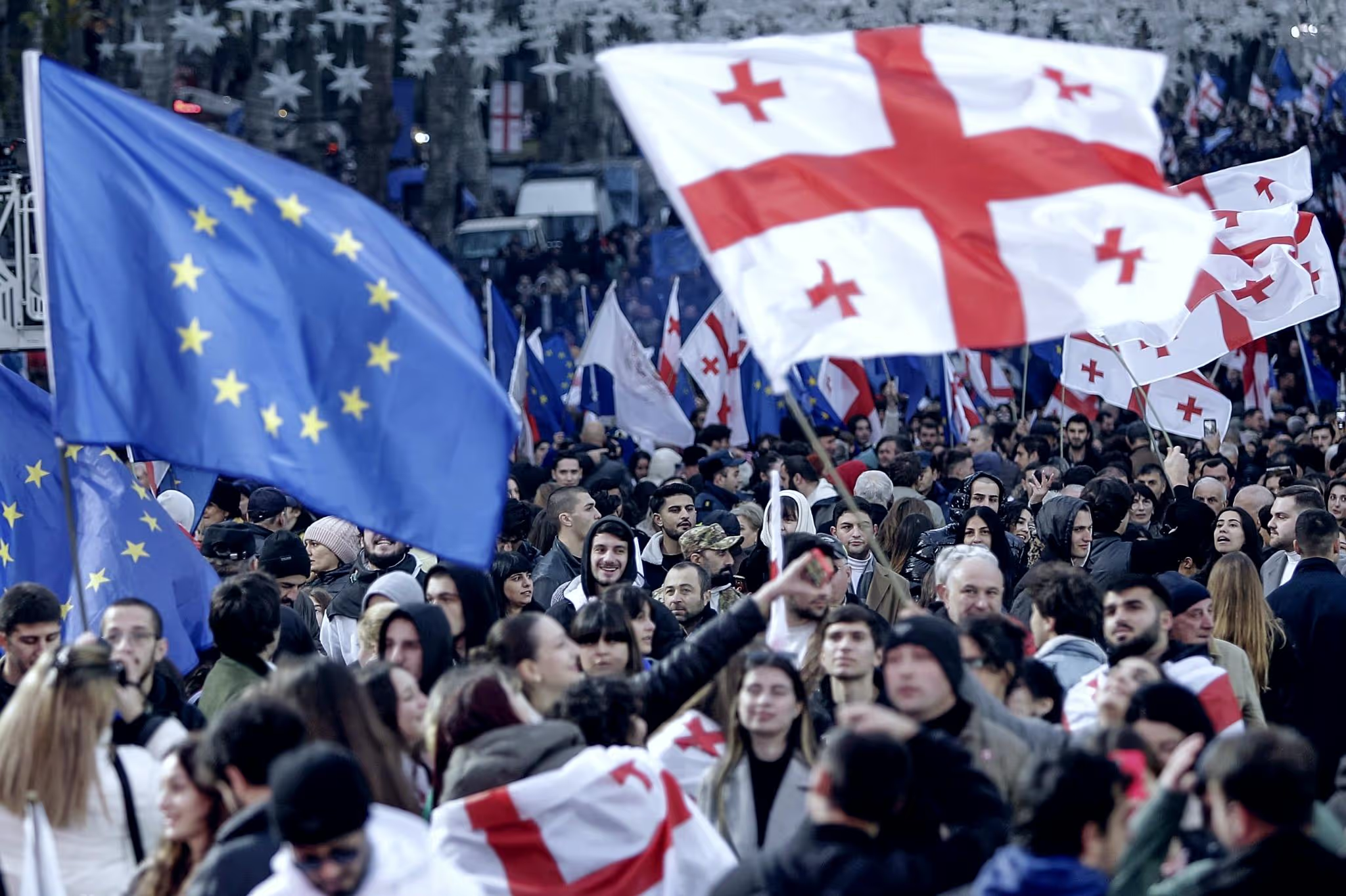




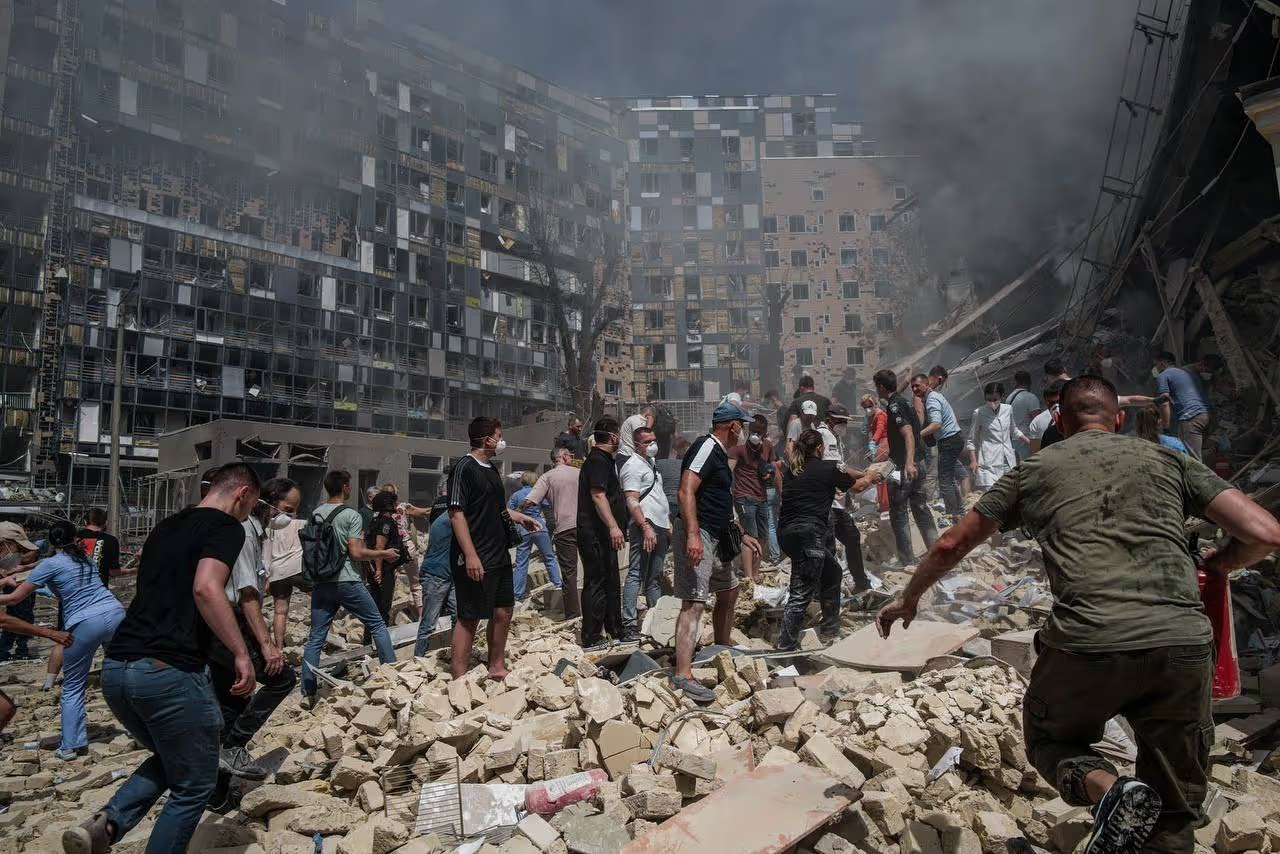



.avif)

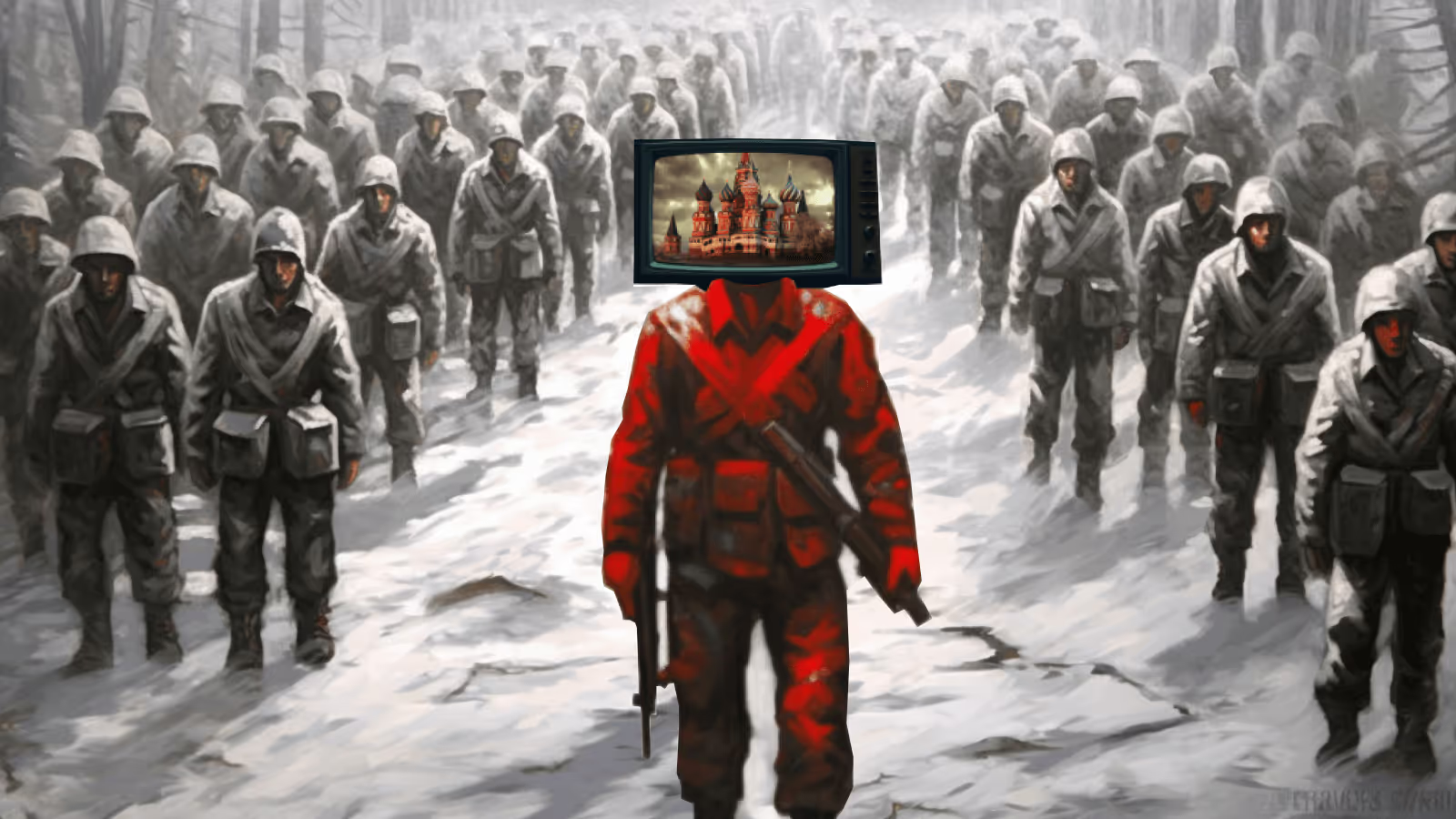
.avif)

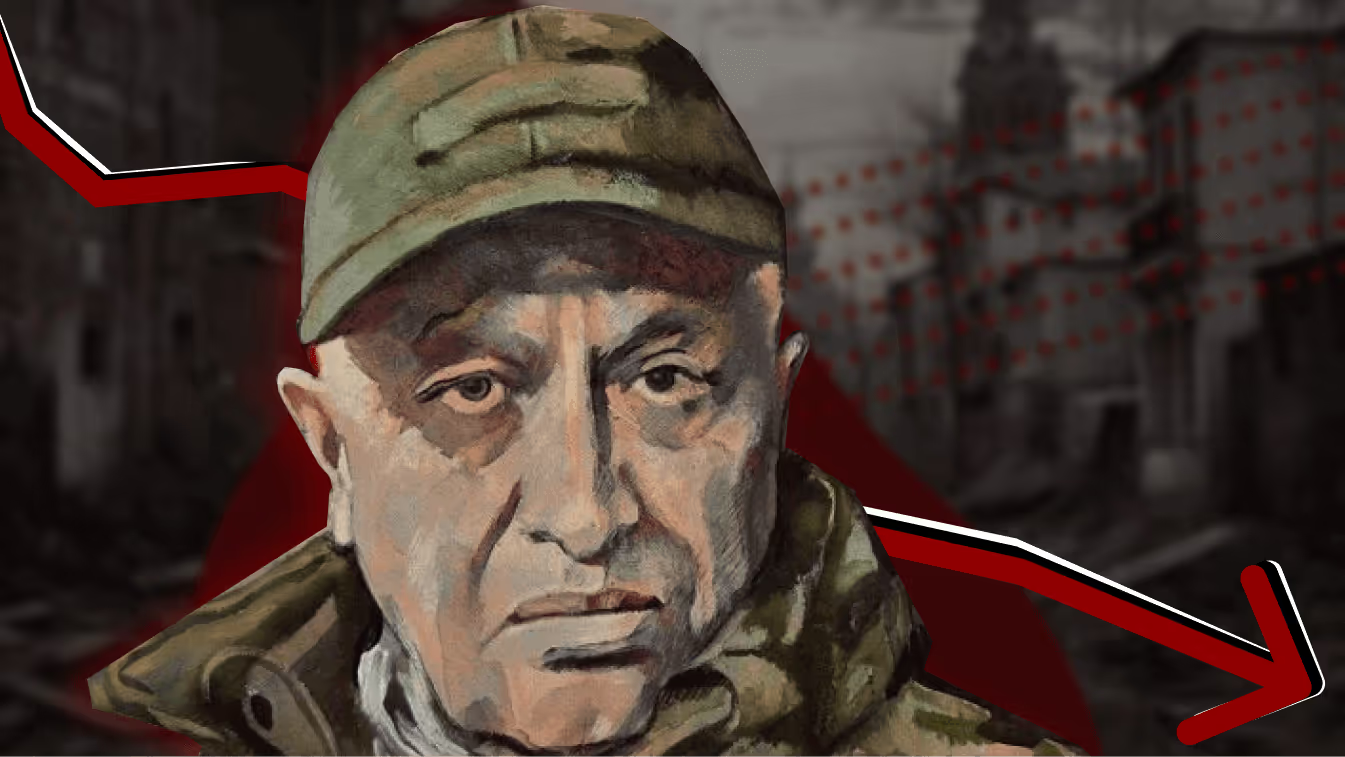
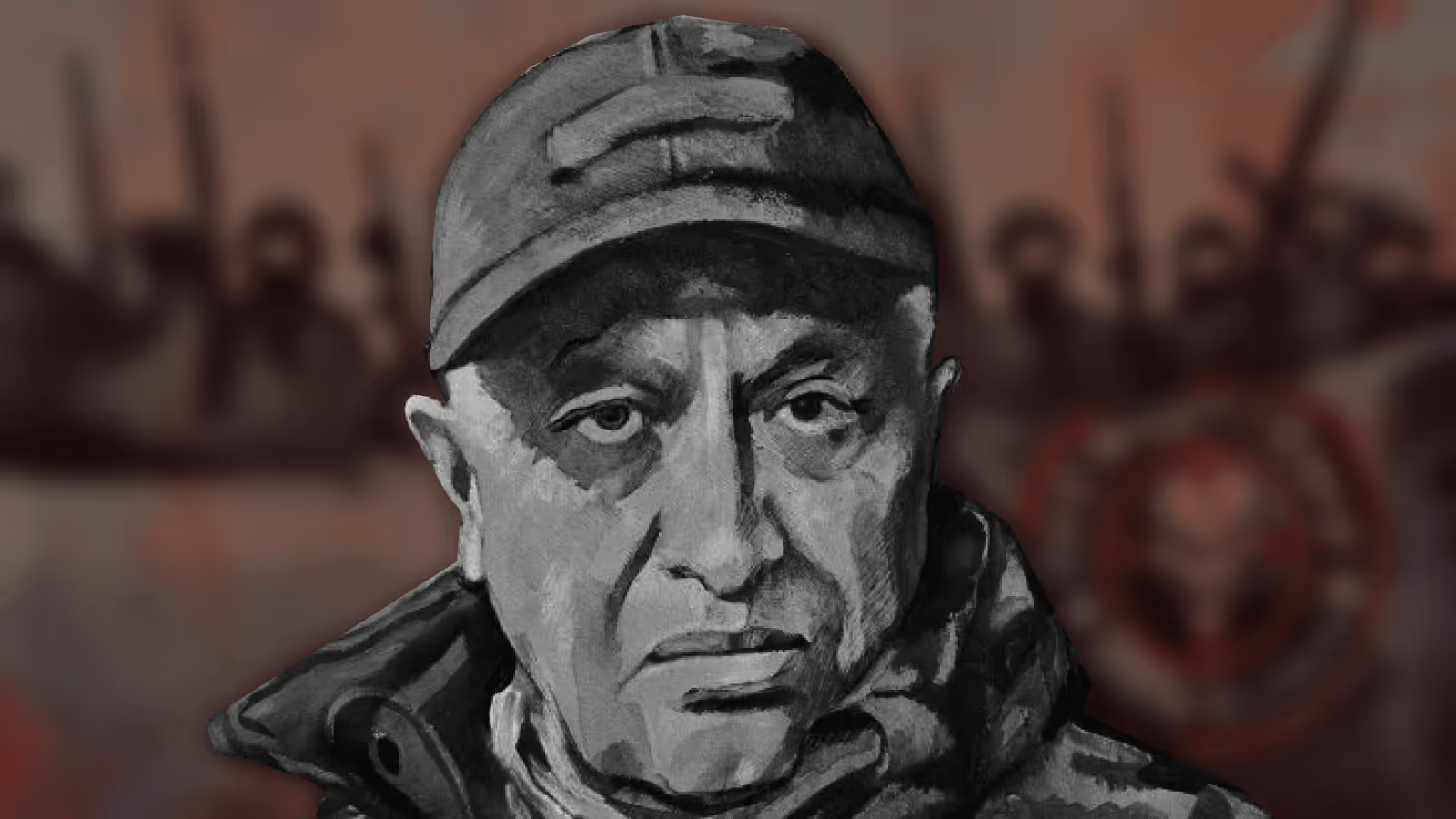
.avif)

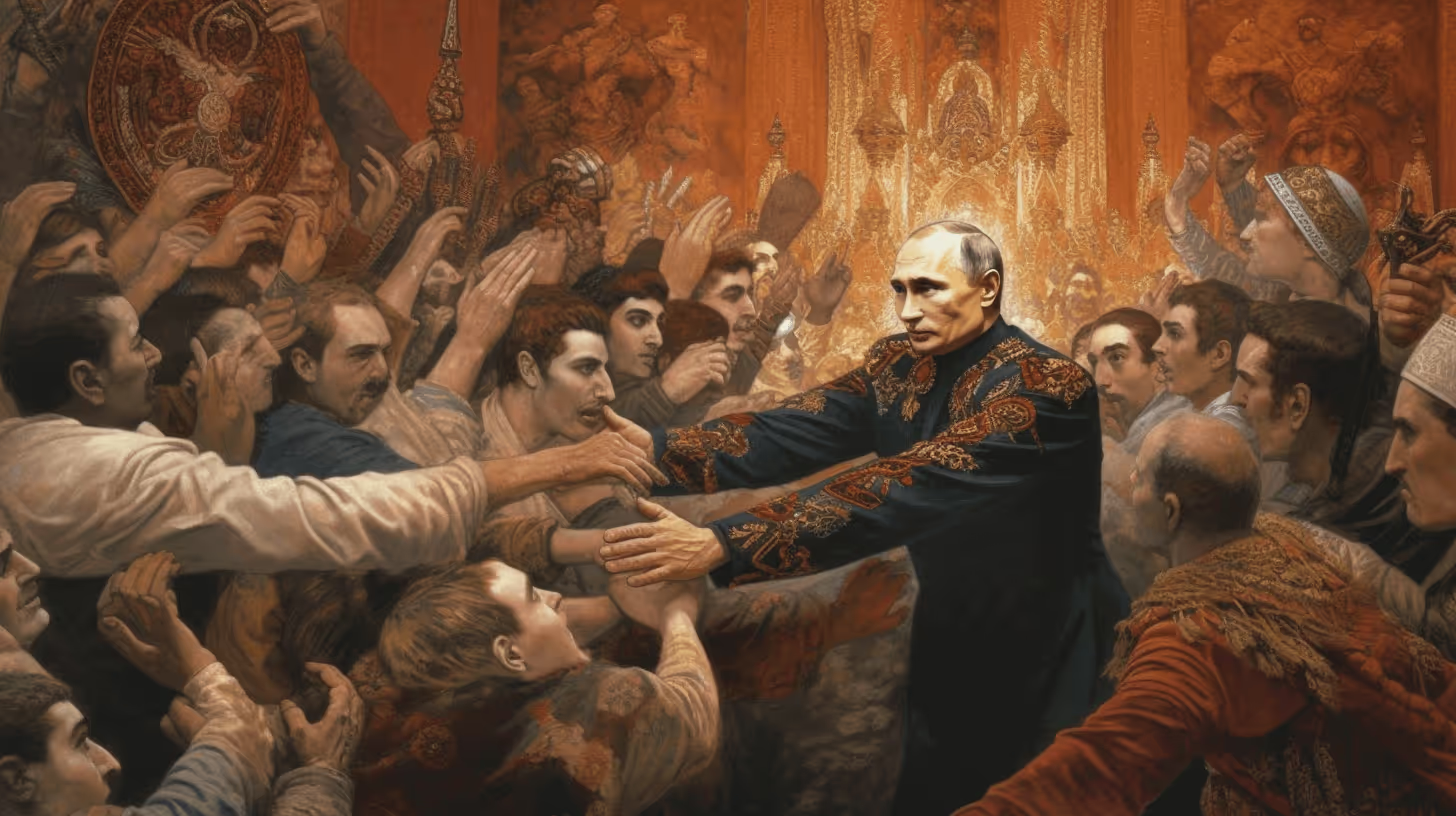
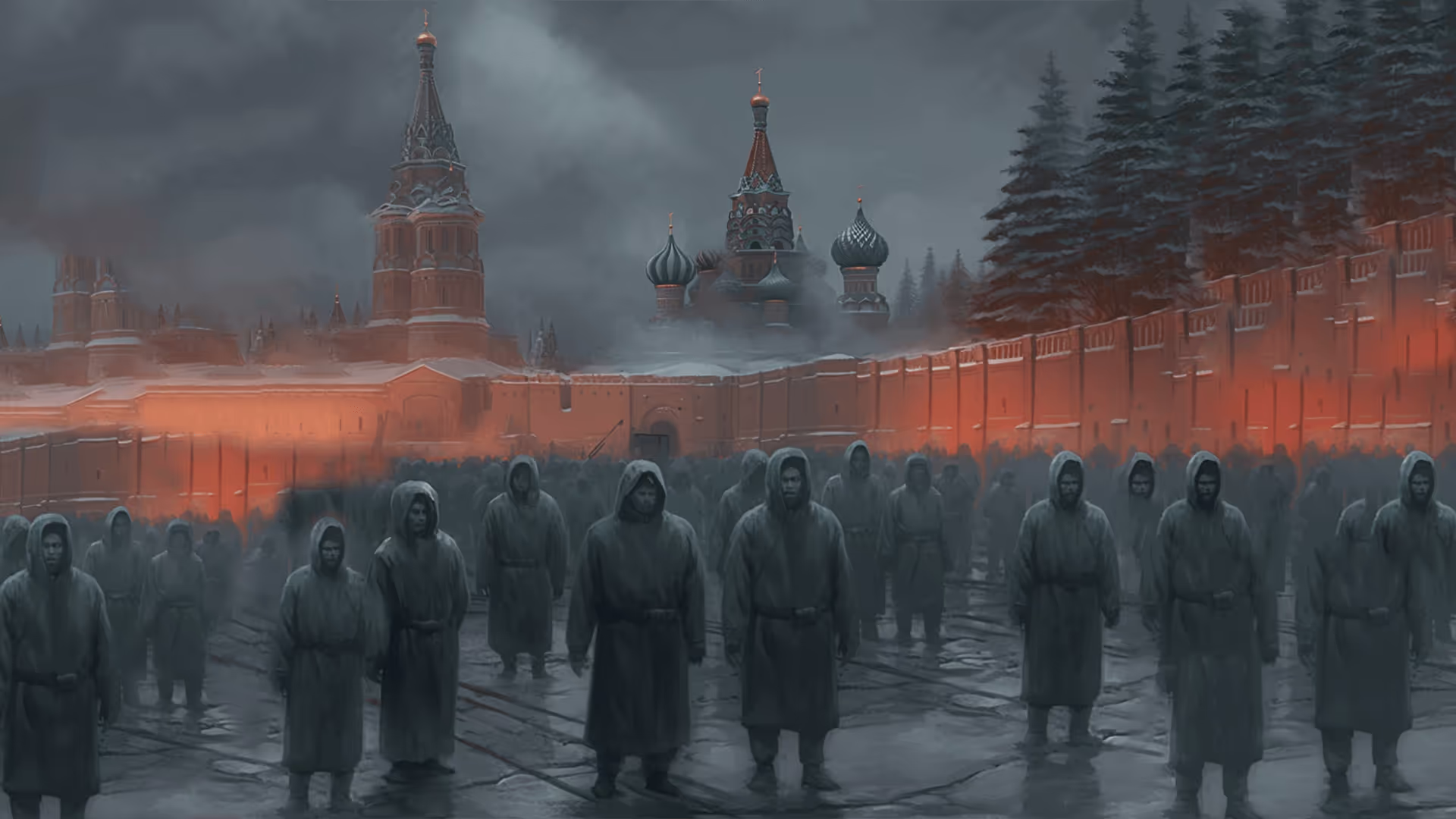

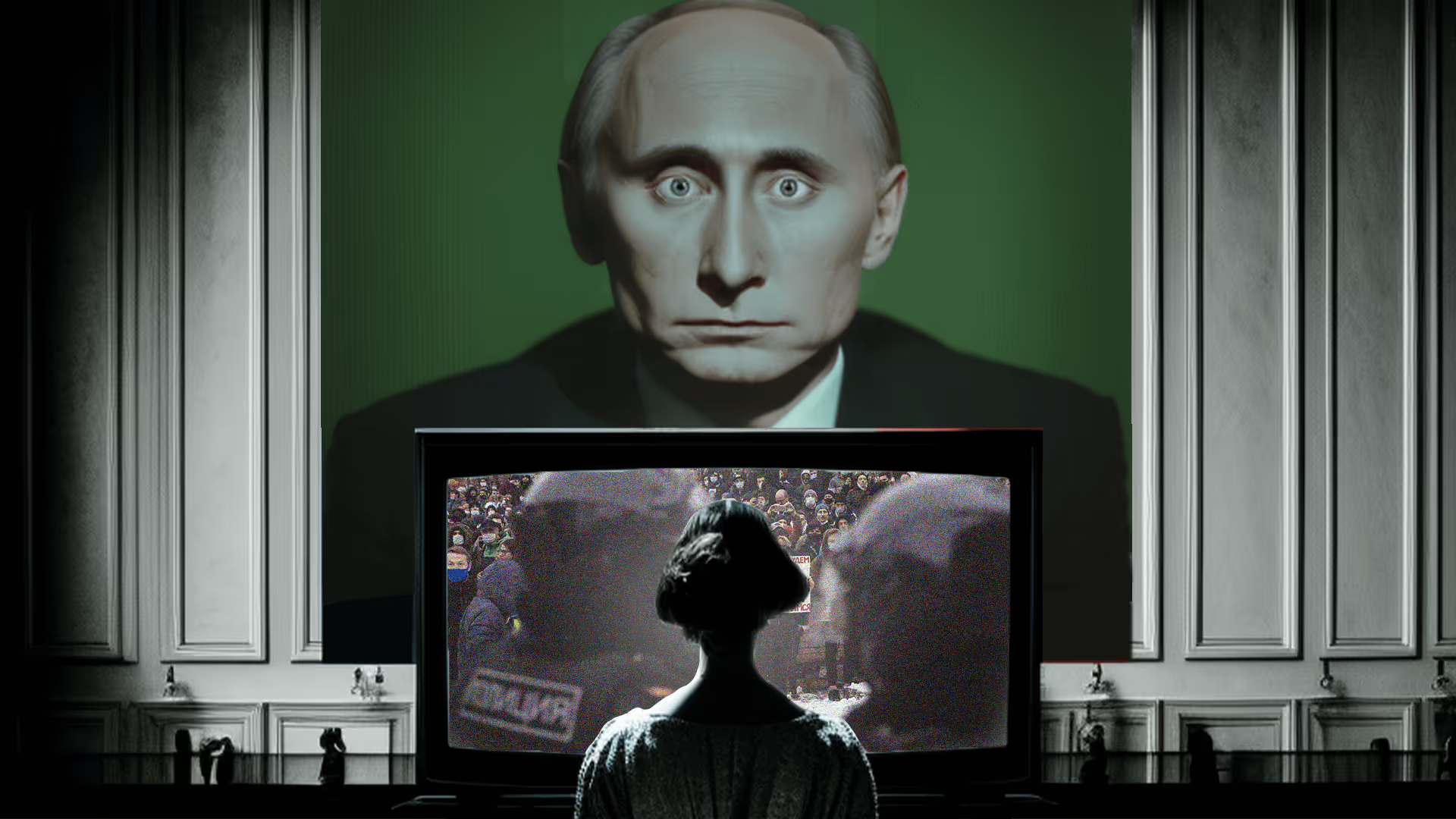



-01-2.avif)
-01.avif)
-01.avif)




-01%25202-p-500.avif)







